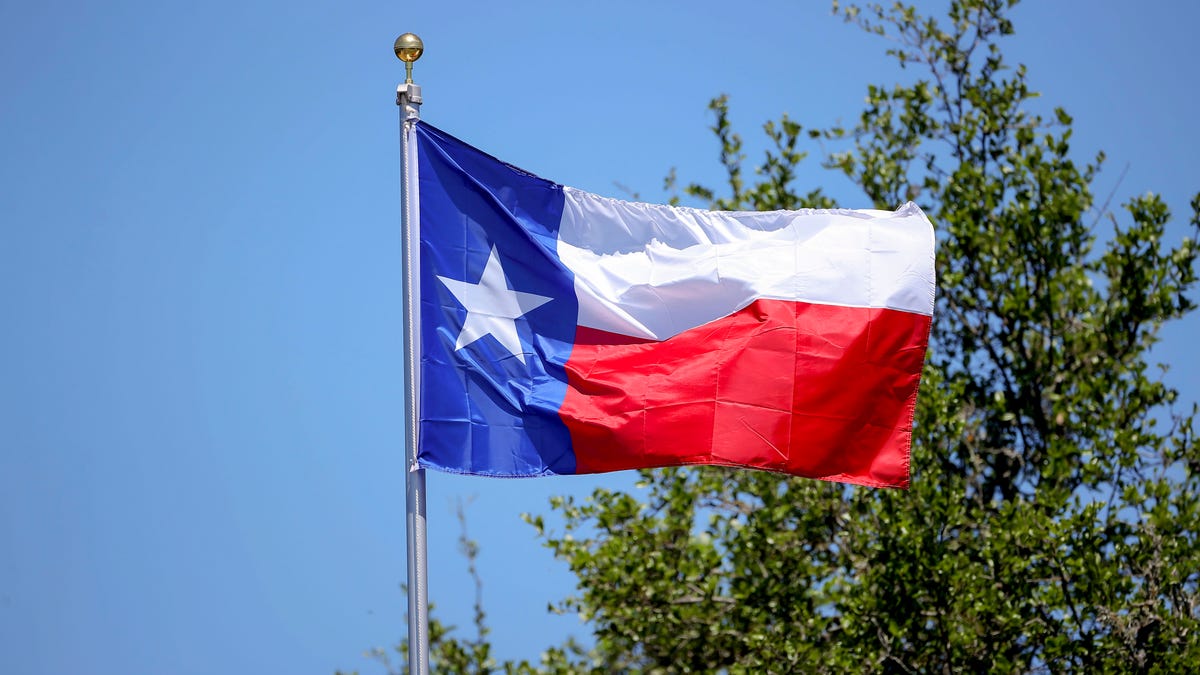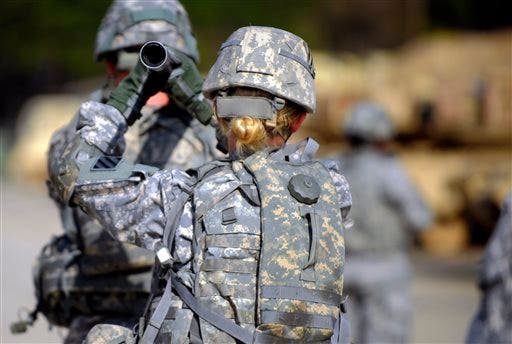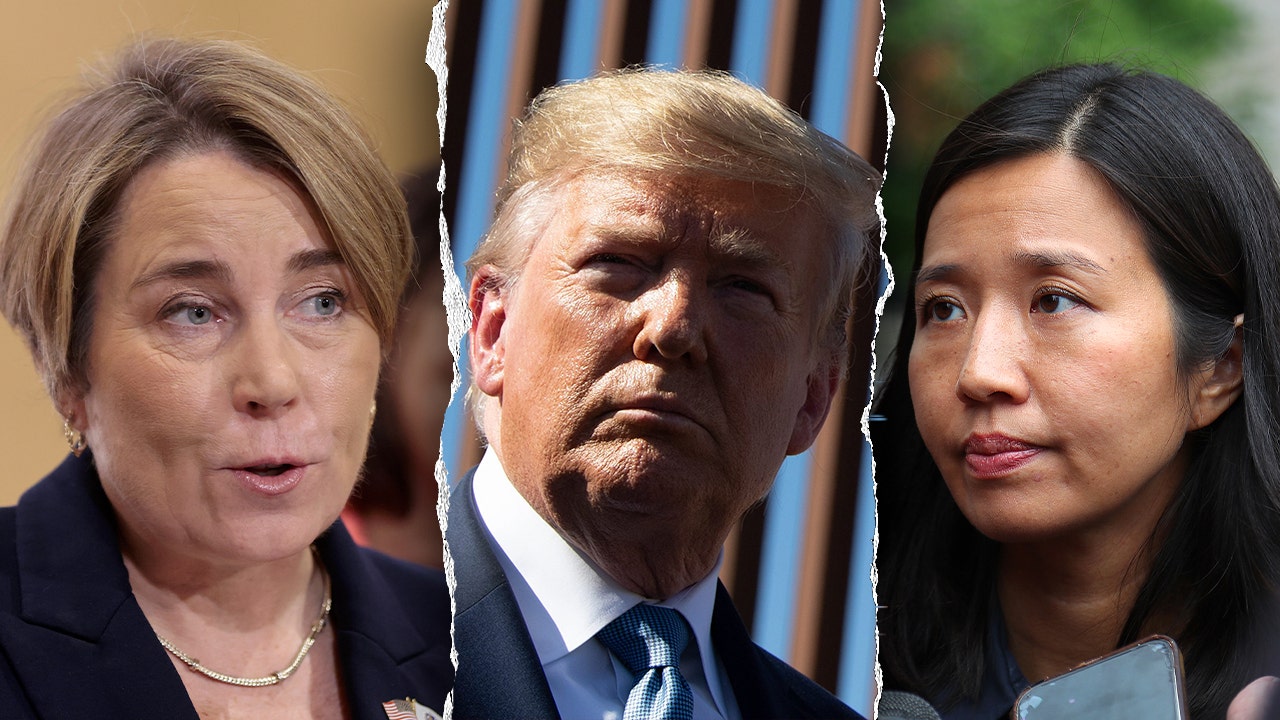World
War in Ukraine must stop, South Africa’s Ramaphosa tells Putin
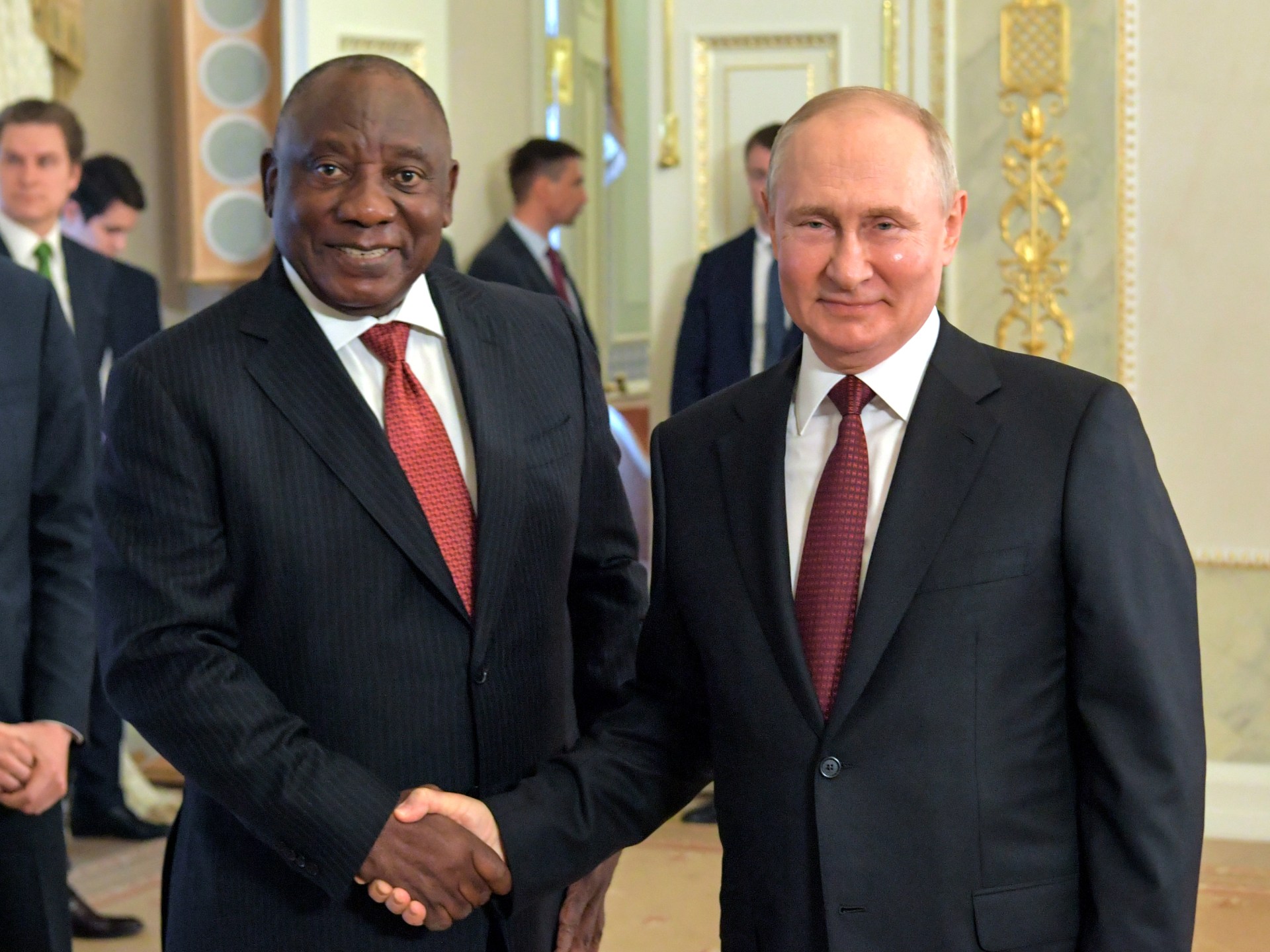
South African President Cyril Ramaphosa – who is in Russia as part of a peace-seeking delegation – told his Russian counterpart Vladimir Putin that the war in Ukraine must to stop.
Ramaphosa laid out the 10 points of the African peace initiative that is seeking agreement on a series of “confidence-building measures” – even as Ukraine last week began a counteroffensive to push back Russian forces.
“This war has to have an end… It must be settled through negotiations and through diplomatic means,” said Ramaphosa in St Petersburg on Saturday at the 18th-century Konstantinovsky Palace.
He added his delegation, consisting of seven African leaders, “came with a very clear message: that this war has to be ended”.
“This war is having a negative impact on the African continent and indeed, on many other countries around the world,” Ramaphosa said.
Putin interrupted opening remarks by African leaders seeking to mediate in the Ukraine conflict to deliver a list of reasons why he believed many of their proposals were misguided.
He reiterated his position that Ukraine and the West had started the conflict long before Russia sent its armed forces over the border in February last year. He said Russia had never refused talks with the Ukrainian side, which had been blocked by Kyiv.
The group also includes leaders from Egypt, the Republic of the Congo, Senegal, Zambia, Uganda and Comoros. On Friday, the delegation held talks with Ukrainian President Volodymyr Zelenskyy in Kyiv.
Ukraine’s leader said after meeting the leaders that peace talks with Russia would be possible only after Moscow withdrew its forces from occupied Ukrainian territory.
“We have come to listen to you and through you to hear the voice of the Russian people,” said Comoros President Azali Assoumani, who currently heads the African Union, told Putin. “We wanted to encourage you to enter into negotiations with Ukraine.”
African countries have been divided over their response to the conflict, with some siding with Ukraine, while others have remained neutral or gravitated towards Moscow.
During their meeting with Zelenskyy, the Ukraine president requested the African leaders push Putin to release political prisoners as a confidence-building measure.
‘Balanced’ approach
Putin, 70, on Saturday, praised the “balanced approach” of African countries towards the Ukraine conflict.
“We welcome the balanced approach of African friends to the Ukraine crisis,” Putin told the visiting leaders. “We’re open to constructive dialogue with all those who want peace based on the principles of respect for each other’s interests, as well as justice.”
The Russian leader also said exports of Ukrainian grain under a deal ensuring its safe passage through the Black Sea was not helping to resolve Africa’s problems with high global food prices – as only 3 percent has gone to the poorest countries.
Putin said the food crisis had been caused by the actions of Western countries, not by what Russia calls a “special military operation” in Ukraine.
Kremlin spokesman Dmitry Peskov said on Saturday that there appeared to be “no chance” of extending the deal permitting Ukraine to export grain safely across the Black Sea through Russian-controlled waters.
“It’s hardly possible to predict any final decision here, but I can say that, judging de facto by the status quo that we have, this deal has no chance,” Peskov told the Russian news outlet Izvestia.
Al Jazeera’s Ali Hashem, reporting from Moscow, said while many were sceptical the peace mission could lead to a breakthrough between Russia and Ukraine, some argue the experience African leaders have from internal and regional conflicts may be able to come up with an “out of the box solution”.
“However, this crisis is multilayered and intertwined … and that’s why its so complicated. The Americans, Europeans, the Chinese … everyone is trying to have their own say on it, and it doesn’t seem it’s going to be solved anytime soon.”

World
Rental home investors poised to benefit as mortgage rates, high home prices sideline buyers in 2025
LOS ANGELES (AP) — Rental homes will remain an attractive option next year to would-be homebuyers sidelined by high mortgage rates and rising home prices, analysts say.
American Homes 4 Rent and Invitation Homes are two big real estate investment trusts poised to benefit from the trend, say analysts at Mizuho Securities USA and Raymond James & Associates.
Their outlooks boil down to a simple thesis: Many Americans will continue to have a difficult time finding a single-family home that they can afford to buy, which will make renting a house an attractive alternative.
It starts with mortgage rates. While the average rate on a 30-year mortgage fell to a two-year low of 6.08% in late September, it’s been mostly rising since then, echoing moves in the 10-year Treasury yield, which lenders use as a guide to pricing home loans.
The yield, which has hovered around 4.4% this week, surged after the presidential election, reflecting expectations among investors that President-elect Donald Trump’s proposed economic policies may widen the federal deficit and crank up inflation.
Analysts at Raymond James and Associates say they see mortgage rates remaining “higher for longer,” given the outcome of the election. Last week, they reiterated their “Outperform” ratings on American Homes 4 Rent and Invitation Homes, noting “we are increasingly confident in the longer-term outlook for single-family rental fundamentals and the industry’s growth prospects.”
They also believe the two companies will continue to benefit from “outsized demographic demand for suburban homes,” and the monthly payment gap between renting and owning a home, which they estimate can be as much as 30% less to rent.
Analysts at Mizuho also expect that homeownership affordability hurdles will maintain “a supportive backdrop” and stoke demand for rental houses, helping American Homes 4 Rent and Invitation Homes to maintain their tenant retention rates.
The companies are averaging higher new and renewal tenant lease rates when compared to several of the largest U.S. apartment owners, including AvalonBay, Equity Residential and Camden Property Trust, according to Mizuho. It has an “Outperform” rating on American Homes 4 Rent and a “Neutral” rating on Invitation Homes.
Shares in Invitation Homes are down 1.2% so far this year, while American Homes 4 Rent is up 4.4%. That’s well below the S&P 500’s 24% gain in the same period.
While individual homeowners and mom-and-pop investors still account for the vast majority of single-family rental homes, homebuilders have stepped up construction of new houses planned for rental communities.
In the third quarter, builders broke ground on about 24,000 single-family homes slated to become rentals. That’s up from 17,000 a year earlier. In the second quarter, single-family rental starts climbed to 25,000, the highest quarterly total going back to at least 1990, according to an analysis of U.S. Census data by the National Association of Home Builders.
World
US briefed Ukraine ahead of Putin's 'experimental Intermediate-range ballistic' attack
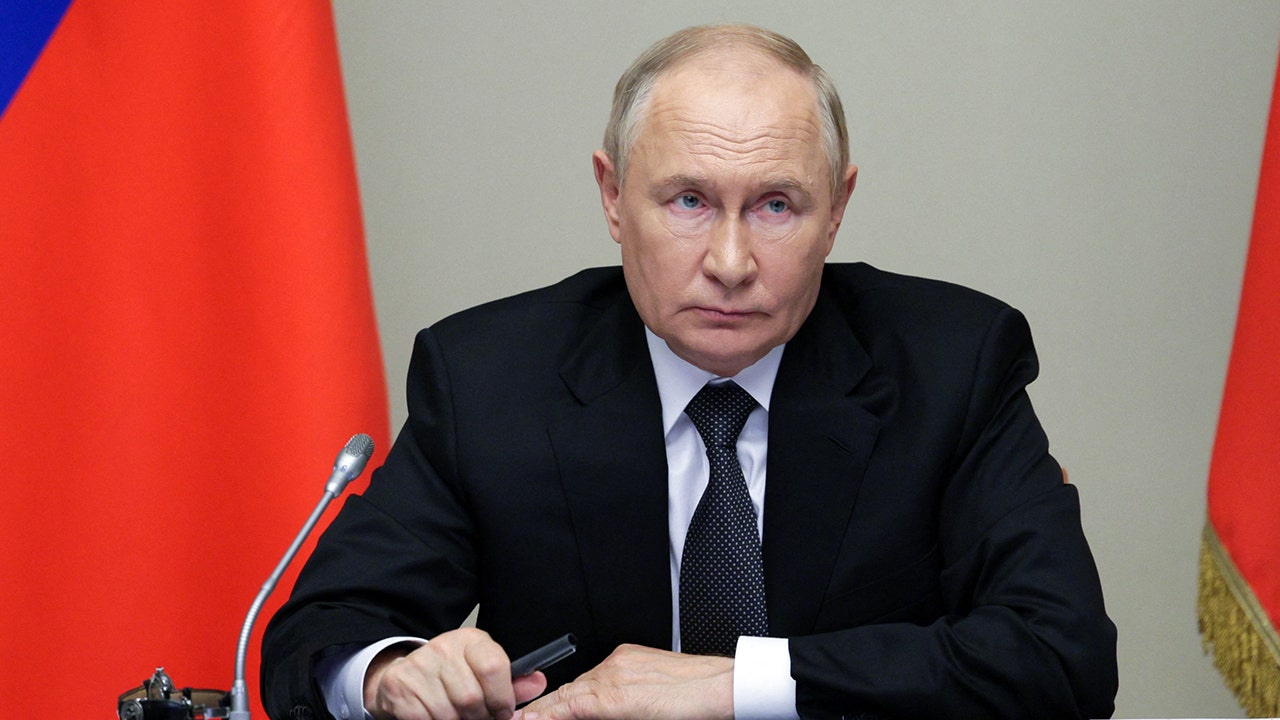
A U.S. official on Thursday confirmed to Fox News Digital that Ukrainian authorities were briefed ahead of Russia’s “experimental Intermediate-range ballistic missile” attack that this type of weapon may be used against Ukraine in order to help it prepare.
Russian President Vladimir Putin confirmed the attack Thursday evening local time in an address to the nation and said it was in direct response to the U.S. and the U.K. jointly approving Ukraine’s use of Western-supplied long-range missiles to target Russia.
It remains unclear if there were any casualties in the attack on the city of Dnipro, which was originally reported as an Intercontinental Ballistic Missile (ICBM) strike, and which would have marked the first time such a weapon had been used during a time of war, sending panic across the globe.
1,000 DAYS OF WAR IN UKRAINE AS ZELENSKYY DOUBLES DOWN ON AERIAL OPTIONS WITH ATACMS, DRONES AND MISSILES
Putin and U.S. sources have since confirmed the strike was not an ICBM, but the Kremlin chief also claimed that the weapon used poses a significant challenge for Western nations.
“The missiles attack targets at a speed of MACH 10. That’s 2.5 miles per second,” Putin said according to a translation. “The world’s current air defense systems and the missile defense systems developed by the Americans in Europe do not intercept such missiles.”
Fox News Digital could not immediately verify whether the U.S. or its NATO allies are capable of defending against this latest missile, dubbed the Oreshnik.
But according to one U.S. official, Putin may be playing up his abilities in a move to intimidate the West and Ukraine.
A Yars intercontinental ballistic missile is test-fired in northwestern Russia on Oct. 29. (Russian Defense Ministry Press Service via AP)
“While we take all threats against Ukraine seriously, it is important to keep a few key facts in mind: Russia likely possesses only a handful of these experimental missiles,” the official told Fox News Digital. “Ukraine has withstood countless attacks from Russia, including from missiles with significantly larger warheads than this weapon.
“Let me be clear: Russia may be seeking to use this capability to try to intimidate Ukraine and its supporters, or generate attention in the information space, but it will not be a game-changer in this conflict,” the official added.
US EMBASSY IN KYIV CLOSED AS ‘POTENTIAL SIGNIFICANT AIR ATTACK’ LOOMS
Following President Biden’s position reversal this week to allow Ukraine to use U.S.-supplied long-range Army Tactical Missile Systems (ATACMS) against the Russian homeland, Kyiv immediately levied strikes against a military arsenal in the Russian region of Bryansk, more than 70 miles from Ukraine’s border.
While Ukrainian troops are the ones to officially fire the sophisticated missiles, the weapons system still relies on U.S. satellites to hit its target — an issue Putin touched on in his unannounced speech Thursday.
“We are testing the Oreshnik missile systems in combat conditions in response to NATO countries’ aggressive actions against Russia. We will decide on the further deployment of intermediate-range and shorter-range missiles depending on the actions of the U.S. and its satellites,” he said.
CLICK TO GET THE FOX NEWS APP

Firefighters work at the site of a Russian missile strike in Dnipro, Ukraine, on Thursday. (Press service of the State Emergency Service of Ukraine in Dnipropetrovsk region/Handout via Reuters)
Putin claimed Russia will alert Ukrainian citizens of an impending attack like the strike he carried out on Thursday, though it remains unclear if he issued a warning to the Ukrainians living in Dnipro.
The Kremlin chief said the “defense industry” was targeted, though images released by the Ukrainian ministry of defense showed what appeared to be civilian infrastructure was also caught in the fray.
The Pentagon on Thursday confirmed that Russia informed the U.S. of the impending attack, which corresponds with information obtained by Fox News Digital, but it is unclear if Moscow clarified which Ukrainian city was the intended target.
A U.S. official told Fox News Digital that the U.S. is committed to helping Ukraine bolster its air defense systems and has done so already by supplying Ukraine with hundreds of additional Patriot and Advanced Medium-Range Air-to-Air Missiles.
World
South Korea says Russia sent North Korea missiles in exchange for troops

South Korea’s national security adviser says North plans to use the weapons to defend its airspace over the capital.
Russia has provided North Korea with anti-air missiles and air defence equipment in return for sending soldiers to support its war against Ukraine, according to a top South Korean official.
Asked what the North stood to gain from dispatching an estimated 10,000 troops to Russia, South Korea’s national security adviser Shin Won-sik said Moscow had given Pyongyang economic and military technology support.
“It is understood that North Korea has been provided with related equipment and anti-aircraft missiles to strengthen Pyongyang’s weak air defence system,” Shin told South Korean broadcaster SBS in an interview aired on Friday.
At a military exhibition in the capital, Pyongyang, North Korean leader Kim Jong Un on Friday called for developing and upgrading “ultra-modern” versions of weaponry, and pledged to keep advancing defence capabilities, state media reported.
Russia this month ratified a landmark mutual defence pact with North Korea as Ukrainian officials reported clashes with Pyongyang’s soldiers on the front lines.
The treaty was signed in Pyongyang in June during a state visit by Russian President Vladimir Putin. It obligates both states to provide military assistance “without delay” in the case of an attack on the other and to cooperate internationally to oppose Western sanctions.
South Korea’s National Intelligence Service told lawmakers this week that the troops deployed to Russia are believed to have been assigned to an airborne brigade and marine corps on the ground, with some of the soldiers having already entered combat, the Yonhap news agency reported.
The intelligence agency also said recently that North Korea had sent more than 13,000 containers of artillery, missiles and other conventional arms to Russia since August 2023 to replenish its dwindling weapons stockpiles.
Experts say Pyongyang could be using Ukraine as a means of realigning foreign policy.
By sending soldiers, North Korea is positioning itself within the Russian war economy as a supplier of weapons, military support and labour – potentially bypassing its traditional ally, neighbour and main trading partner, China, according to analysts.
Russia can also provide North Korea access to its vast natural resources, such as oil and gas, they say.
North Korean Foreign Minister Choe Son Hui recently visited Moscow and said her country would “stand firmly by our Russian comrades until victory day“.
North Korea said last month that any troop deployment to Russia would be “an act conforming with the regulations of international law”, but stopped short of confirming that it had sent soldiers.
The deployment has led to a shift in tone from Seoul, which had so far resisted calls to send weapons to Kyiv. However, President Yoon Suk-yeol indicated South Korea might change its longstanding policy of not providing arms to countries in conflict.
-
Business1 week ago
Column: OpenAI just scored a huge victory in a copyright case … or did it?
-

 Health1 week ago
Health1 week agoBird flu leaves teen in critical condition after country's first reported case
-

 Business6 days ago
Business6 days agoColumn: Molly White's message for journalists going freelance — be ready for the pitfalls
-
World1 week ago
Sarah Palin, NY Times Have Explored Settlement, as Judge Sets Defamation Retrial
-

 Science3 days ago
Science3 days agoTrump nominates Dr. Oz to head Medicare and Medicaid and help take on 'illness industrial complex'
-

 Politics5 days ago
Politics5 days agoTrump taps FCC member Brendan Carr to lead agency: 'Warrior for Free Speech'
-
/cdn.vox-cdn.com/uploads/chorus_asset/file/25739950/247386_Elon_Musk_Open_AI_CVirginia.jpg)
/cdn.vox-cdn.com/uploads/chorus_asset/file/25739950/247386_Elon_Musk_Open_AI_CVirginia.jpg) Technology4 days ago
Technology4 days agoInside Elon Musk’s messy breakup with OpenAI
-

 Lifestyle5 days ago
Lifestyle5 days agoSome in the U.S. farm industry are alarmed by Trump's embrace of RFK Jr. and tariffs

